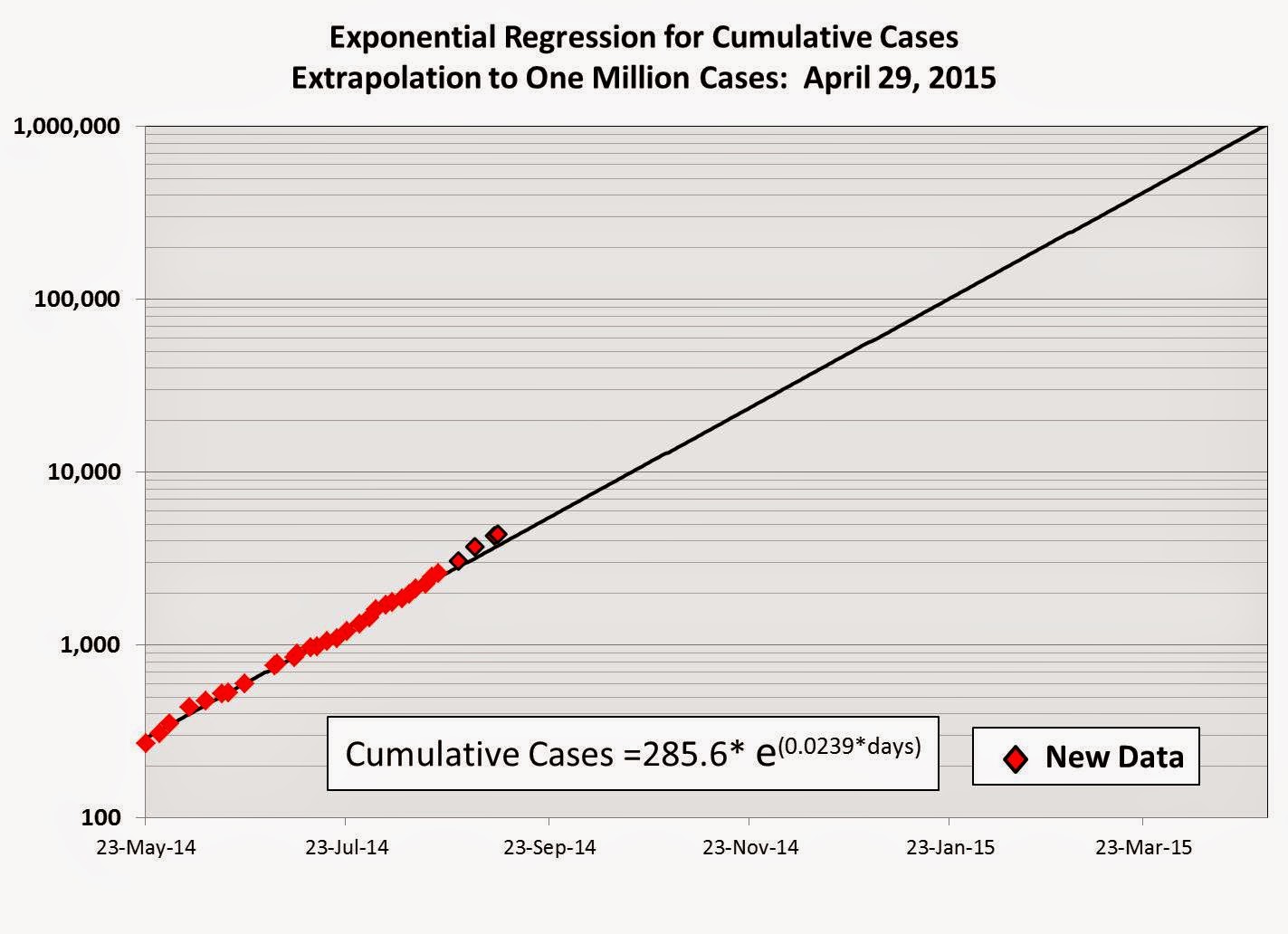Balancing liberty and security is one of the great challenges of this century. In this open article to FBI Director James Comey, ZDNet Government’s David Gewirtz explain why Americans demand both.
most Americans believe in the whole freedom thing. They believe in privacy. They believe in protection from unreasonable search and seizure. These values have been inculcated in all of us since our diaper days. To many people, America IS freedom and privacy. Or, at least, it should be.
we have to be capable of holding two opposing concepts in our minds at once. On the one hand, we need surveillance and security to protect our citizens. On the other hand, we’re America in large part because we distrust and protect ourselves from surveillance and unreasonable invasions of privacy.
Serving America requires meeting both challenges. This is not easy. As Thomas Jefferson said, “Rightful liberty is unobstructed action according to our will within limits drawn around us by the equal rights of others. I do not add ‘within the limits of the law’ because law is often but the tyrant’s will, and always so when it violates the rights of the individual.”
Source: Why Americans expect privacy: An open letter to FBI Director James Comey | ZDNet by David Gewirtz

